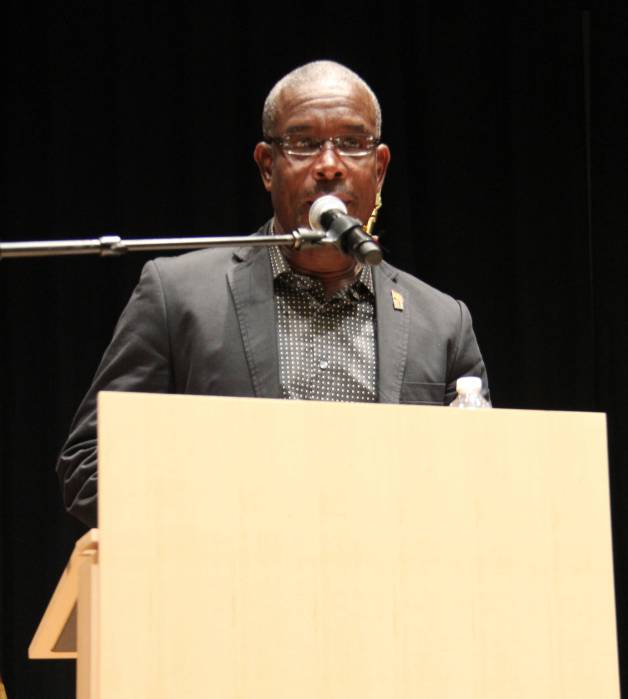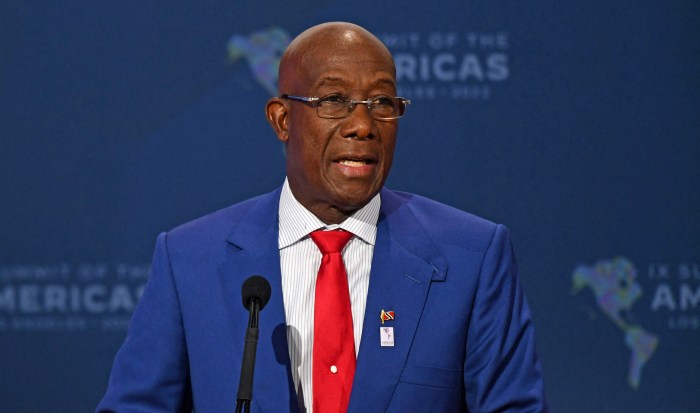Congress faces an important decision about which tax cuts to extend. A few weeks ago, the Senate passed President Obama’s proposal to extend the Bush and Obama tax cuts for every American on the first $250,000 of their household income—including every penny of income for 98 percent of Americans and 97 percent of small businesses. There is wide bipartisan agreement that extending these tax cuts would help the economy.
Nevertheless, every Republican in the House voted against it, as had every Republican in the Senate. They refused to renew these middle-class tax cuts unless Democrats also would agree to renew special tax cuts that go exclusively to people like me — the wealthiest 2 percent of Americans. The GOP bill also would push two million families with children back into poverty and raise taxes on 25 million middle- and lower-income working families, by rolling back improvements to the Child Tax Credit and the Earned Income Tax Credit, and ending a tax credit that helps make college more affordable (the American Opportunity Tax Credit).
Since I’m among that wealthiest 2 percent of Americans whose extra tax breaks the GOP bill protects, I have skin in the game. Yet, I joined more than 100 other millionaires from more than 50 cities in signing a Voices for Progress letter to Congress strongly opposing prolonging these special tax breaks. We who have the most income need these breaks the least —and it’s just not right to ask others to pay for them. Both the wage gap between the best-paid Americans and average wage earners and the concentration of assets in the hands of a few are worse than any time since the 1920s. In 2010, a year our economy grew by 3 percent, all of the income gains went to the top 10 percent, and one-third of them went to the top 1/10th of one percent. The bottom 90 percent actually lost ground in inflation-adjusted terms, earning $4,000 less than they did in 2001.
People like me would not have our wealth if we had been born in a country that lacked the vital services government provides— like federal support for schools and universities that have educated us and our employees, for roads and public transit, for our judicial system, for law enforcement and national defense, as well as funding the creation of the Internet and other crucial research and development that benefits industry and productivity. We would not even have our good health without government safeguarding our food, water and medicine, preventing epidemics and helping find cures for disease.
It’s only right to expect me to chip in my share to the country that has given me so much, so others can have the same opportunities I have had. The richest Americans already receive the biggest tax breaks. The Bush tax cuts that only go to the richest 2 percent give an average additional $150,000 to each household that makes more than $1 million a year. That’s on top of an average $1 million we millionaires have already reaped from a decade of these tax cuts. Ending the special tax cuts that go only to the top 2 percent would save nearly $1 trillion over the next 10 years, money desperately needed to get America’s fiscal house in order. Bankrupting the government by providing endless tax cuts for the wealthiest is not right and is not smart.
Business owners like me know that restoring taxes to Clinton-era rates on the portion of our profits above $250,000 in household income will have no effect on the decisions we make at our companies about whether to hire additional workers. Businesses were booming back then, creating millions of new jobs.
This debate is not over. Members of Congress will face this choice again before all the tax breaks expire at year-end. They can require the wealthiest 2 percent to limit ourselves to the tax cuts other Americans get — those on the portions of household income under $250,000 — so we can shrink the deficit, and protect middle class priorities like education and Medicare from deep cutbacks. Or they can insist on slashing investments vital to our nation’s future in order to be even more generous to those of us who need tax breaks the least. Is that really a “choice”? Or would it better be called a moral imperative?
Joel Kanter is currently president of Windy City, Inc., a privately-held investment firm based in McLean, Virginia. From 1995 to 1999, Kanter served as the chief executive officer and president of Walnut Financial Services, Inc., whose primary business focus was providing financing to small businesses.
© American Forum.8/12


























